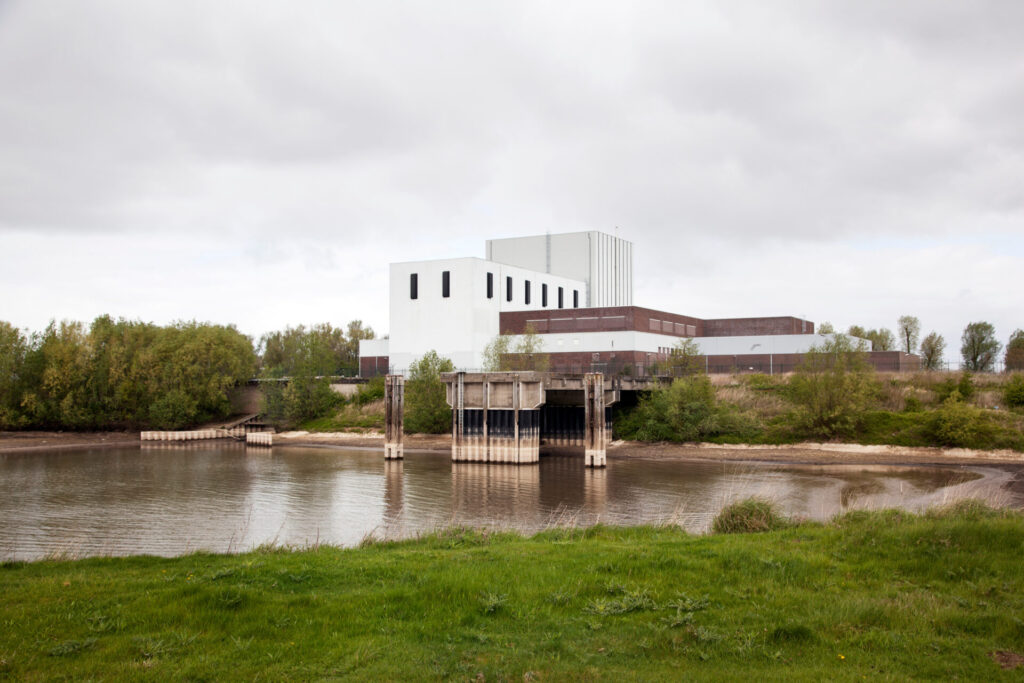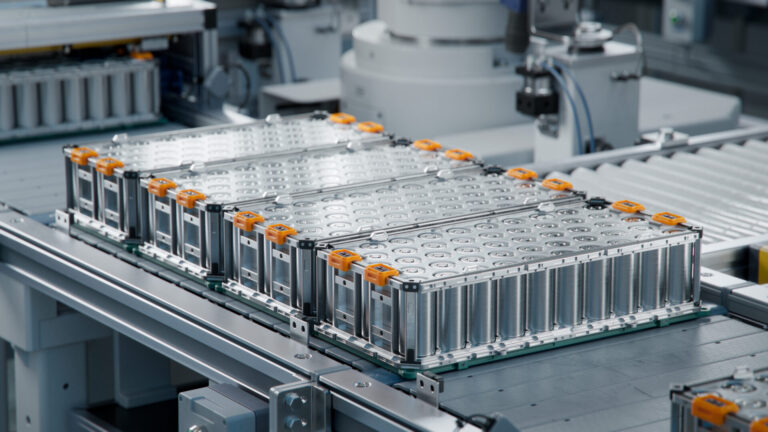Why is the UK Government Investing in SMRs?

Implications for the UK
If successfully implemented, SMRs could have significant implications for the UK. They could enhance energy security by providing a reliable source of low-carbon power, reducing reliance on imported energy and helping to stabilise the national grid. Their modular construction process could support the economy by creating jobs in manufacturing, engineering, and construction, particularly in regions designated for new reactor sites.
Additionally, SMRs’ flexibility and scalability make them well-suited to complement renewable energy sources like wind and solar, offering consistent power output to balance supply fluctuations. However, the extent of these benefits will depend on factors such as investment, regulatory approvals, and public acceptance.
Potential Benefits of SMRs
-
Faster and More Cost-Efficient Construction:
Modular manufacturing allows for off-site production and quicker assembly, reducing construction time.
-
Enhanced Safety Features:
Passive cooling systems and modern reactor designs lower the risk of overheating and accidents.
-
Smaller Land and Infrastructure Requirements:
Small Modular Reactors can be deployed in a variety of locations, including existing nuclear sites or areas with high energy demand.
-
Flexible Energy Generation:
Small Modular Reactors can operate alongside renewable energy sources, providing stable power when solar or wind output is low.
Challenges and Concerns
-
High Initial Costs:
Developing and certifying new reactor designs requires significant upfront investment, and Small Modular Reactors may lack the economies of scale of larger reactors.
-
Public Acceptance:
Concerns about nuclear safety, waste management, and potential site locations may lead to opposition.
-
Regulatory and Technical Hurdles:
Strict nuclear safety and environmental regulations could delay deployment, even with government efforts to streamline approvals.
-
Uncertain Cost-Effectiveness:
While mass production is expected to lower costs over time, there is no guarantee that SMRs will be economically competitive.
Small Modular Reactors represent a potential shift in the UK’s approach to nuclear power, offering a more flexible and scalable alternative to traditional large reactors. If implemented successfully, they could enhance energy security, support economic growth, and complement renewable energy sources. However, challenges such as high upfront costs, public resistance, and regulatory complexities must be addressed for SMRs to become a viable part of the UK’s energy future. While the government is actively supporting their development, the long-term success of SMRs will depend on overcoming these hurdles and proving their cost-effectiveness in practice.






